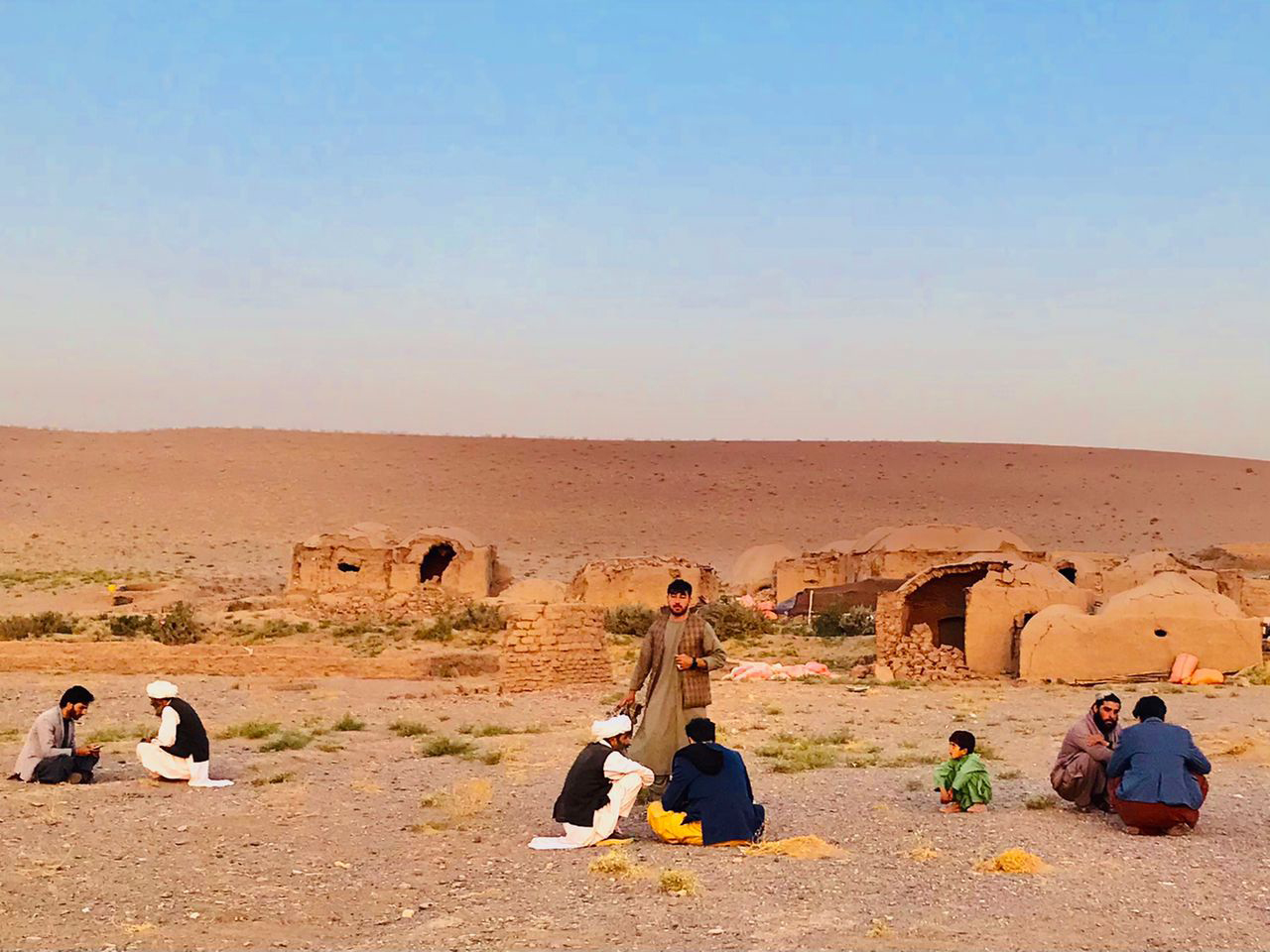
DIEM is an essential tool for decision-makers needing to analyse the causes of acute food insecurity when shocks such as the earthquake in Afghanistan occur. ©FAO
Established during the first wave of the COVID-19 global pandemic, the Data in Emergencies (DIEM) Hub’s objective is to inform decision-making in support of emergency response, protecting lives and agricultural livelihoods.
DIEM was developed by FAO and is funded by the United States Agency for International Development and the United Kingdom’s Foreign, Commonwealth and Development Office.
Today, the DIEM information system covers more than 30 countries and is considered an essential tool for decision-makers needing to analyse the causes of acute livelihood stress when disasters such as the earthquake in Afghanistan occur.

It may be mentioned that two consecutive 6.3 magnitude earthquakes shook western Afghanistan on the morning of October 7, 2023, causing a devastating loss of lives, injuries, and damages across the region. The Food and Agriculture Organization of the United Nations (FAO) completed a rapid impact assessment of the damage caused to people, livestock, and crops, directing emergency response teams to where they were most needed, within just two days of the disaster, thanks to DIEM.
According to the United Nations Office for the Coordination of Humanitarian Affairs (OCHA), 1,384 people died and 1,853 people were injured in the Afghanistan earthquakes. More than 21,500 homes were destroyed, affecting around 1,54,000 people in all. Irrigation canals vital for crops were decimated; animals were lost or weakened, and survivors needed support to restart their planting.
“When it comes to organizing relief operations, the first few days after disaster strikes are crucial. Detailed, comprehensive and timely data collectively allows us to target the people who need it most,” said Rein Paulsen, Director of the FAO Office of Emergencies and Resilience.

DIEM did this by combining remote sensing, in the form of satellite images, with primary data, such as surveys and interviews collected by local enumerators on the ground. The result was a granular and rapid understanding of the impact of shocks, allowing for more informed and rapid responses.
The DIEM Hub has revolutionized FAO’s ability to collect, analyse and disseminate data in countries where shocks have occurred. The shocks analysed by DIEM comprise both natural and human-induced hazards, from climate-related disasters to volcanic eruptions and invasive pests to conflicts or economic shocks.
Beyond emergencies, DIEM is also used by FAO to regularly monitor countries prone to natural disasters and facing varying levels of food insecurity. Thanks to multiple data collection rounds over several years, DIEM can identify trends across time and space. The tool’s speed of analysis, granularity and frequency make these data invaluable to timely responses by FAO, other United Nations agencies, governments and other partners around the world.
Afghanistan earthquake response
In the case of the response to the Herat earthquake, FAO completed its rapid impact assessment on 9 October, with an additional field assessment on 11 October.
Based on the recommendations and findings from the rapid assessment, which included both remote sensing and field components, FAO delineated the most impacted villages considering livelihoods, agriculture and livestock. The inclusion of detailed maps of the most affected areas makes DIEM’s impact assessment highly valuable to relief operations.
In terms of damages caused to agriculture, the assessment found that 5,77,278 hectares of agricultural land had been exposed to the strongest earthquake intensities, with the biggest challenge for the industry deriving from the destruction of irrigation canals, which play a vital role for crops, especially during the planting season. In addition, 2 072 animals were lost, and the 12 400 surviving animals were likely to be in a weakened state.
Based on this assessment, FAO responded by providing 12,000 litres of water to protect 2,500 at-risk livestock without a water source and helped transport the livestock to safer pastures. A total of 1,454 animal carcasses were disposed of, while 268.5 tonnes of concentrated animal feed and 1364.5 tonnes of wheat straw were distributed to thousands of households in need.
FAO’s assistance meant households could take care of their animals and devote their limited resources to other necessities arising in the aftermath of the earthquake.
Past and future
In 2024, DIEM has already conducted five rapid impact assessments. These assessments have covered shocks such as the fires in Colombia and the tropical cyclone in Madagascar. These assessments aid in resource mobilization and guide recovery response, exactly what happened in Afghanistan.
Four years after its inception, DIEM continues to highlight the impact of shocks on agricultural livelihoods and food security, operating on the principle that data is knowledge and knowledge is power, FAO stated.
Source: the FAO News and Media office, Rome
– global bihari bureau





